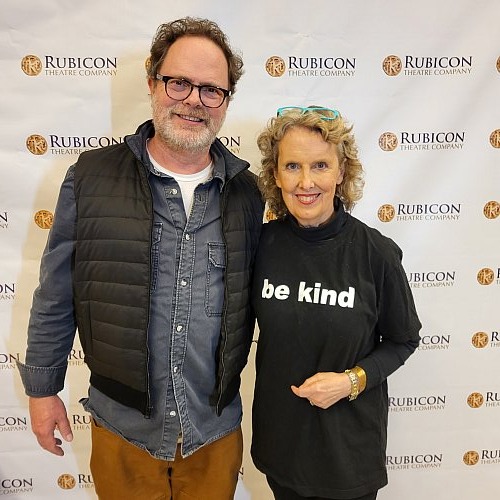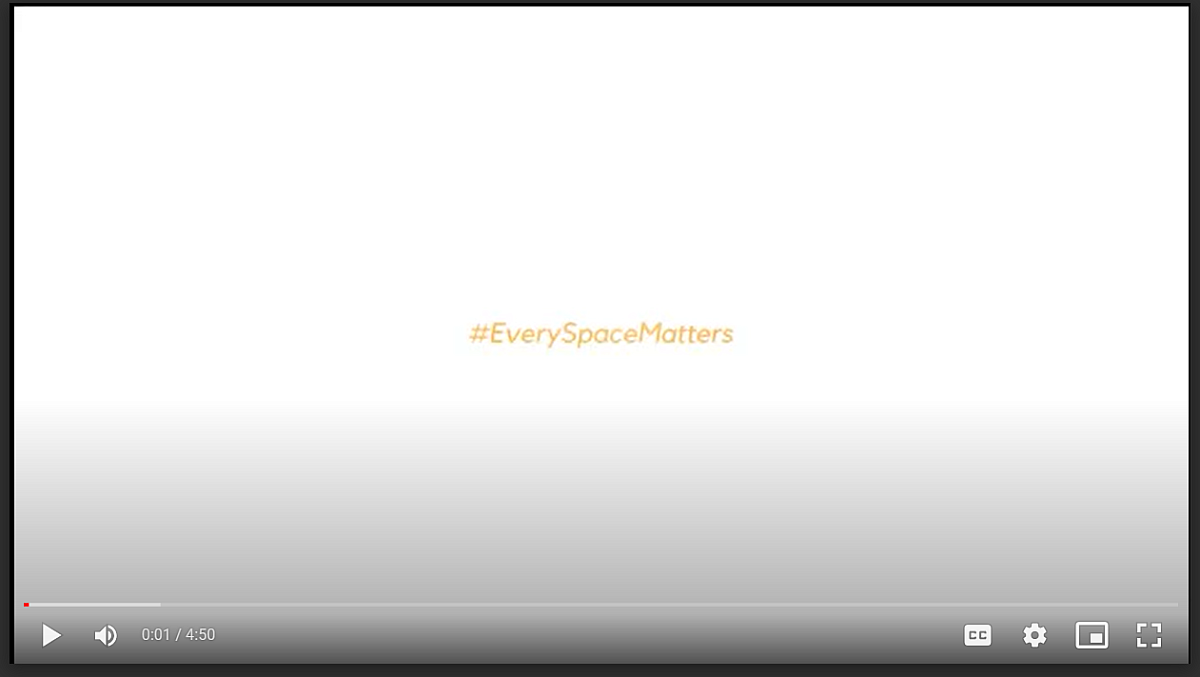|
Dec 7, 2023
KarunaNews: A Judge Was Sick Of Sending Kids To Prison, So He Found A Better Way

"It's very easy to pull a trigger if you don't have any future, you don't have any goals and you don't have anything to look forward to" says Superior Court Judge John Phillips. Having crossed too many youth with no options, in 2000, he decided to turn an old juvenile incarceration facility in Monterey County into a comprehensive learning and social services center for underserved and disconnected youth, called Rancho Cielo. It began with 94 students and today has 214 and has gone from being a school of last resort for young people in serious trouble to a place students around the county think about when regular high school isn’t working for them. This model could be expanded to other counties and even other states.“With everything we know, what it took the judge 20 years to figure out, others could do in five or 10."
Read more here.
|
|
Dec 4, 2023
KarunaNews: NY Woman Clears Millions Of Dollars Of Other People's Medical Debt -- After Dying Of Cancer

When Casey McIntyre was planning her own memorial service, she decided she didn't want it to be all doom and gloom. The 38-year-old New Yorker had stage four ovarian cancer. And as her condition worsened, she knew she'd soon be leaving behind her husband and 18-month-old daughter. But, she also decided to leave behind a legacy – one that would change the lives of Americans saddled with hospital bills they couldn't afford to pay. "Casey is a very joyous person and we wanted there to be an element of joy to the ceremony. And we had this idea for, you know: What if we raise money to relieve debt?" McIntyre died on November 12. Two days later, her husband posted a statement on her social media accounts asking people to donate to RIP Medical Debt, a US charity that buys up health-care debt and destroys it. As of the publication date of the story, her online fundraiser had collected more than $800,000. The charity says that is enough to wipe out $80 million in medical debt across the US.
Read more here.
|
|
Dec 3, 2023
KarunaNews: Retired Wind Turbine Blades Live On As Park Benches And Picnic Tables

The benches outside the Great Lakes Science Center in downtown Cleveland used to be wind turbine blades. Painted by local artists, the benches were crafted by Rocky River, Ohio-based Canvus, which will install 10 more later this month. Altogether, the dozen benches reuse roughly a quarter of a single 150-foot (45-meter) wind turbine blade. While roughly 85% of turbine components can be recycled, most blades end up in landfills or are incinerated. So turbine manufacturers are working to sunset their own products sustainably, for pedestrian bridges, bike shelters, and playground equipment. Canvus clients donate the benches and planters they purchase to public spaces. Each item is a marketing vehicle for the company that donates it, displaying their brand at a school or community park for about $11 per month. Since the company started production this summer, it has sold more than 200 products.
Read more about these upcycled wind turbine blades here.
|
|
Dec 2, 2023
KarunaNews: Finding Healing Through Baking

Cake Therapy, a nonprofit founded in 2019, uses baking to provide a therapeutic outlet for girls and young women who have experienced personal trauma or been impacted by the justice system, foster system, out-of-home placement, or juvenile detention centers. Minneapolis-based Cake Therapy offers a safe space for those seeking alternatives to traditional therapy or a creative outlet. “There is a huge role for any art form to be included in any form of therapy for people to regain what has been lost,” said CEO and co-founder Altreisha Foster, who’s originally from Jamaica. “We need to be a little bit more open-minded about what we’re doing in terms of how we’re responding to trauma.” She helped found Cake Therapy when she saw the benefits of baking firsthand after suffering from postpartum depression following the birth of her second child. Earlier this year, she published a book, Cake Therapy: How Baking Changed My Life.
Read more here.
|
|
Nov 29, 2023
Our own Bonnie Rose hosted Rainn Wilson at her church in Ventura ... go Bonnie!

|
|
Nov 25, 2023

In the heart of urban landscapes where towering skyscrapers cast shadows over theoverlooked corners of society, there exists a transformative initiative known as "UPAYA" – a beacon of innovation, functionality, creativity, and sustainability. Amidst the bustling cities and the sprawling slums, a passionate team led by Diksha Pilania, in collaboration with Vanvaasi and Saws & Beans, has embarked on a remarkable journey. Their mission: to redefine the way we perceive living spaces. With a profound belief in the power of design to uplift lives, UPAYA represents more than just a project; it embodies a vision to empower the underserved.
Through ingenious transformations, thoughtful interventions, and a community-driven approach, UPAYA is reshaping the narrative of slum dwellings, offering dignity, comfort, and hope where it is needed the most. The significance of UPAYA within interior design lies in its response to a pivotal question: "Can designers enhance the living conditions of slum residents without displacing them?" This inquiry challenges traditional paradigms, focusing on social justice and inclusive development, often neglected in design for marginalized populations.
See a short documentary on the project here.
|
|
Nov 24, 2023
 Today's DailyGood: Kinship is a Verb Today's DailyGood: Kinship is a Verb
"In thinking about kinship, I think its important to begin with, What are the boundaries of our kin? We can go way internal and microscopic, down to the nerves that actually inform our brain more than our brain informs our bodies, right down to the microbes, not only managing our health but informing our way of being and interacting with the world. Then [we can go] all the way out, right to our own families, to the human and greater-than-human world, out to the cosmosthe fact that were made of stardust, right? Kinship reaches very far." John Hausdoerffer, Robin Wall Kimmerer, and Gavin Van Horn, are the coeditors of the five-volume series 'Kinship: Belonging in a World of Relations.' More in this conversation between the trio. [Read more ...]
|
|
Nov 23, 2023
KarunaNews: If You Practice Gratitude, Your Children Can Benefit, Too

|
|
Nov 22, 2023
More than 80 heartivists from varied sectors of Austrian society came together to build a field at the intersection of inner transformation and external impact.
Take a look at some of these visuals, courtesy of Manuel ...
Go Vienna!
|
|
Nov 22, 2023
KarunaNews: Kenyans Get Tree-planting Holiday To Plant 100 Million Seedlings
Kenyans have been given a special holiday to plant 100 million trees as part of the government's goal to help fight climate change by planting 15 billion trees in 10 years. Each Kenyan is being encouraged to plant at least two seedlings. The government has provided seedlings for free at its forest agency centers for planting in designated public areas and made available 150 million seedlings in public nurseries but has also encouraged Kenyans to buy at least two seedlings to plant on their own land. The Jaza Miti app allows individuals and organizations to record the species, number and date planted, and will help people match the site and appropriate species. Environment Minister Soipan Tuya expects that 500 million trees will have been planted by the end of the rainy season in December.
Read the full story here.

|








